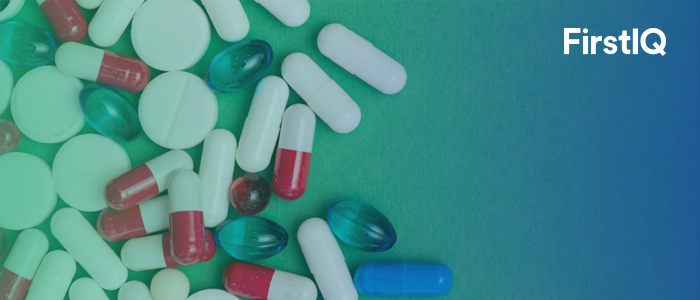No More Monopoly: Patent Expiration of Top-Selling Monoclonal Antibodies (2025-2028)
_(1).jpg)
“Company is poised for a stronger growth, however, costly patent expiration of top-selling products as are some rivals”, said Sanofi’s CEO Paul Hudson during an interview in 2024.
For more than a decade monoclonal antibodies have been a gold standard for the treatment of various cancers and autoimmune diseases. mAbs are driving billion-dollar revenue for major pharmaceutical companies that are dominating the market. However, 2025-2028 are disruptive years for the big pharma players, as a wave of high selling monoclonal antibodies patents approaching expiration creating opportunities for biosimilars and leading to disruption of monopoly.
By late 2028, a number of world’s highest revenue-generating monoclonal antibodies such as Keytruda, OPDIVO, and PROLIRA will lost patent protection, exposing lose over USD 50 billons in sales due to biosimilars entry. Industry expert forecasts 2025-2028 as a second wave of patent expiration creative competitive marketplace for monoclonal antibodies and biosimilar manufacturers. In June 2025, Dr. Rupal Rana saif that “Keytruda patent expiry is a game changer for cancer care.”
The expiration of these patents signals a shift in drug accessibility as the monopolies will collapse and biosimilars will be available for at affordable price. The biosimilars wave is already approaching presenting challenges for big pharma players. Companies such as Dr. Reddy’s and Biocon Biologics are racing to commercialize their biosimilars. Big pharma players must think about reinvention rather than protection. From market dominance to market differentiation is the only strategy these giants need to follow, because no brand loyalty will stop the biosimilar adoption.
U.S. is the single largest biologics market in the world for invention and home to biotech investments. There is a need for biosimilars entry in the U.S. as it will replace the high-priced drugs, making healthcare affordable. Patent cliff represents a critical cost-saving opportunity to patient population.
Patent Expiration of Novel Monoclonal Antibodies
- Keytruda is currently a highest selling anticancer drug manufactured by the Merck & Co., Inc. and its patent will be expiring in 2026. Keytruda has one of the broadest indication approvals for oncology including:
- Non-Small Cell Lung Cancer
- Melanoma
- Renal Cell Carcinoma
- Head and Neck Squamous Cell Carcinoma
- Triple Negative Breast Cancer
- Bladder Cancer
- Colorectal Cancer
- Gastric Cancer
- Cervical Cancer
- Merkel Cell Carcinoma
Keytruda is highly benefiting patients with cancer globally. The company’s primary sales are highly influenced by Keytruda with the revenue generation of USD 29,482 million in 2024 from 25,011 million in 2023 followed by 20,937 in 2022.
- OPDIVO is a fully human monoclonal antibody approved for the treatment of various cancers and it is also a key competitor of Keytruda. OPDIVO has generated USD 9,304 million revenue in 2024 and its patent will be expiring in 2027.
- PROLIA, a fully human monoclonal antibody approved for the treatment of osteoporosis is one of the leading revenue generator for Amgen Inc. PRLOLIA observed a 8% revenue growth from 2023 majorly. It has generated USD 4,374 million in 2024 from USD 4,048 in 2023. However, the product has lost its patent exclusivity in February 2025 in the U.S.
- Soliris, a humanized monoclonal antibody manufactured by AstraZeneca will lost its exclusivity in 2027. The product is used to treat patients with paroxysmal nocturnal hemoglobinuria, hemolytic uremic syndrome, thrombotic microangiopathy, which led to generation of USD 2.588 million in 2024.
- Tezspire, a human monoclonal antibody is near its patent expiration in 2028. Tezspire is indicated for the treatment of asthma and it has generated USD 248 million in 2024.
The monoclonal antibodies landscape will shift from dominated pharma giants, exclusivity, and premium pricing, towards biosimilars competition and pipeline innovation. Thus, patent expiration represents the more dynamic biologic marketplace.





